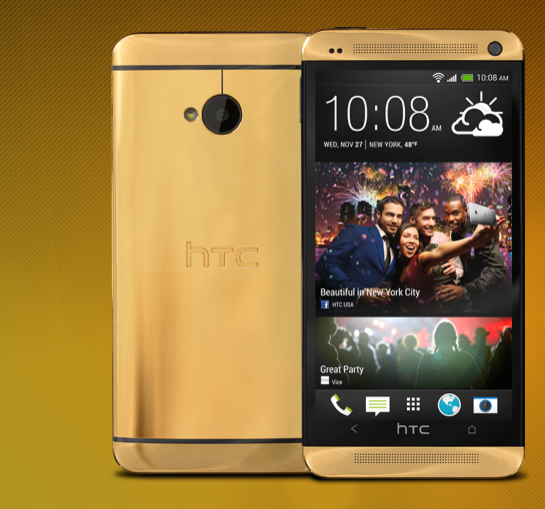HTC One 2 Release Date Leaked By Judge? One Series M8 Flagship Follow-Up Coming In 2014 (Rumors, Specs)

HTC Corp. (TSE:2498) will release a follow-up to its flagship HTC One phone sometime in early 2014, a U.K. patent judge inadvertently revealed Tuesday.
Judge Richard Arnold granted Nokia’s (NYSE:NOK) request for an injunction against HTC for patent infringement, forcing HTC to halt shipments of the HTC One mini in the U.K. by Dec. 6, unless it can successfully appeal by then. Judge Arnold wrote in his decision that Nokia had given evidence that HTC will launch an HTC One 2, rumored to be code-named the HTC M8, sometime in the first quarter of 2014.
Since HTC did not dispute Nokia’s claim, the judge concluded that it was valid, and he surmised that a successor to the flagship HTC One, which has not been immediately banned from sale in the U.K., would ship sometime at the end of February or March of next year.
The HTC One 2 is rumored to be code-named the HTC M8, and the company's flagship follow-up's specs are not much different from those of existing models. The HTC One Two (M8) could feature a quad-core 2.3GHz Qualcomm Snapdragon 800 chip, Android 4.4 KitKat with Sense 6.0, a 5-inch Full HD screen, a 4-megapixel UltraPixel main camera and a 2.1-megapixel front-facing camera. The HTC One M8 is also expected to have 2GB of RAM and 16GB of internal storage.
HTC is now banned from shipping both of its newer releases from the HTC One series to the U.K., including the HTC One Mini and the HTC One Max. Also banned are two Windows Phone devices, the HTC Windows Phone 8X and the HTC Windows Phone 8S. The HTC One also infringes on Nokia's patent, but since it was designed before HTC was notified of the patent issue, the manufacturer can continue to ship the phone into the U.K. until Friday, unless a successful appeal is made of Judge Arnold’s decision.
The ban stems from a European patent issued to Nokia in 1999 that deals with mobile chips used in communication. Nokia settled with Apple (NASDAQ:AAPL) in 2011, after suing the iPhone manufacturer for infringing the same patent. BlackBerry (NASDAQ:BBRY) also settled with Nokia over the mobile patent.
Nokia said in a statement that it was "pleased that the U.K. high court has imposed an injunction on certain HTC products ... Pending the appeal, HTC has undertaken not to ship any more of the infringing products into the U.K., except the HTC One, which it may continue to sell until the conclusion of any appeal. If HTC does not succeed on appeal, the injunction will take effect on all infringing products."
© Copyright IBTimes 2024. All rights reserved.





















